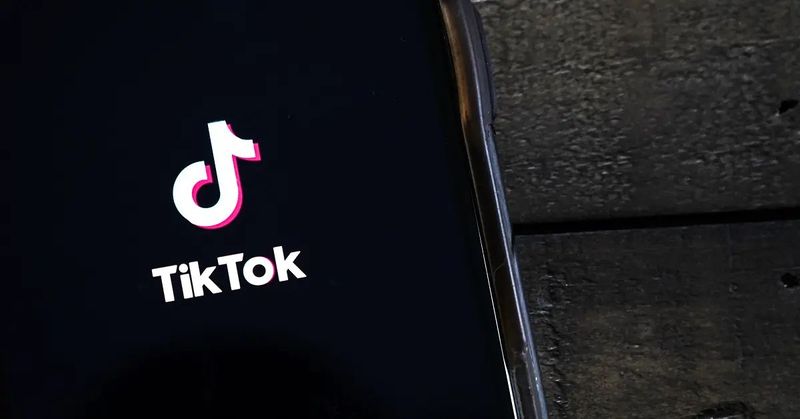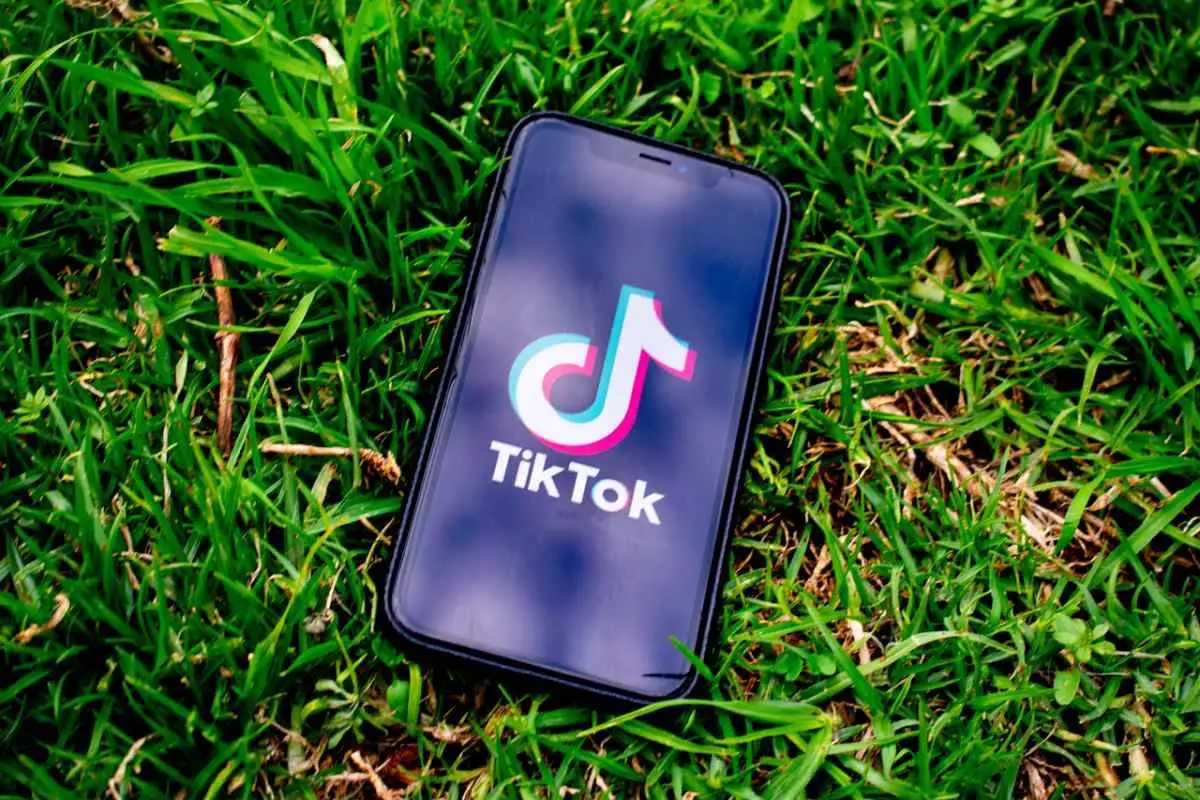TikTok has wanted to avoid major problems by changing the voice that until now has been used in the text-to-speech function for English texts in North America. This feature has been used by users to narrate videos without the need to use their respective voices, using instead the voice narration automatically generated with this feature.
The voice change is because voice actress Bev Standing sued ByteDance, owner of TikTok, earlier this month for the use of her voice for this feature, arguing that she only made voice recordings to be used only in translations, adding that she had never agreed to work with ByteDance for the use of her voice.

The lawsuit was filed earlier this May, as we noted, and as a result, TikTok has now replaced the voice with another female voice. That said, videos that had already used her voice up to the time of the change will remain with the same voice, while users using the text-to-speech feature from now on will find themselves with the new voice.
At the moment, TikTok has not commented on the demand received or the use of the new voice, so it remains to be seen if it will act at some point on the videos that already exist with the narration generated with the voice of Bev Standing, and even who may be behind the new voice that users can use at this time through the text-to-speech function.
It may seem like an anecdote but it can also be understood as TikTok not wanting to have more controversy behind its back that undermines its reputation, and less at a time when a variety of competitors have appeared hungry to devour any possible market share.
Be that as it may, we see a TikTok that wants to take care of itself and avoid new controversies as they are in its hands, so it will try to avoid future problems within its possibilities, thus allowing it to continue growing, generating confidence among users, in an increasingly competitive segment that it currently leads, being the great reference with everything related to short videos.





